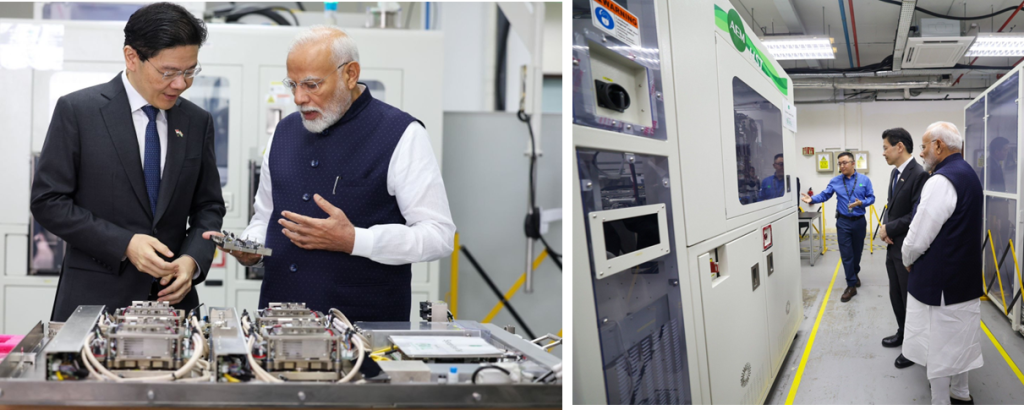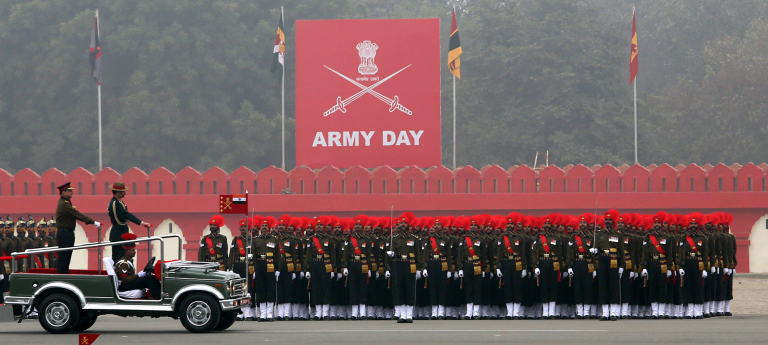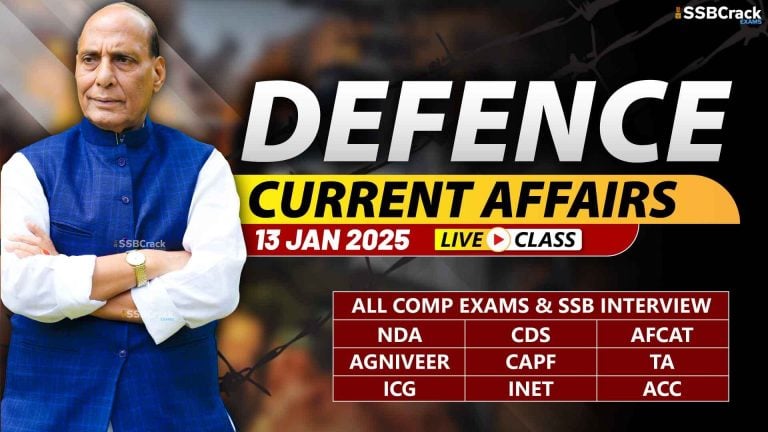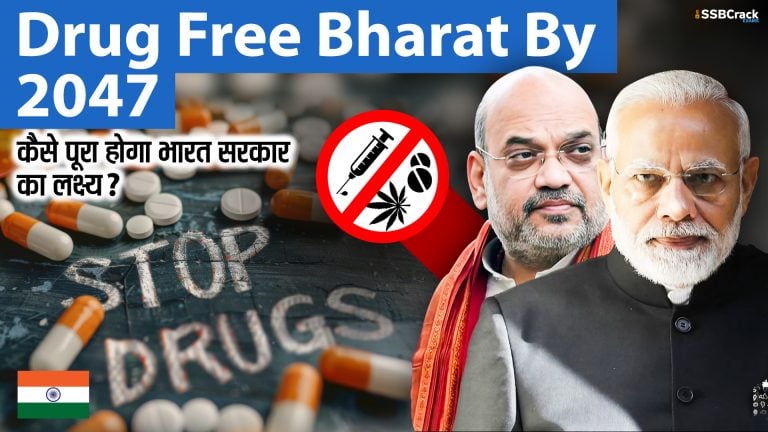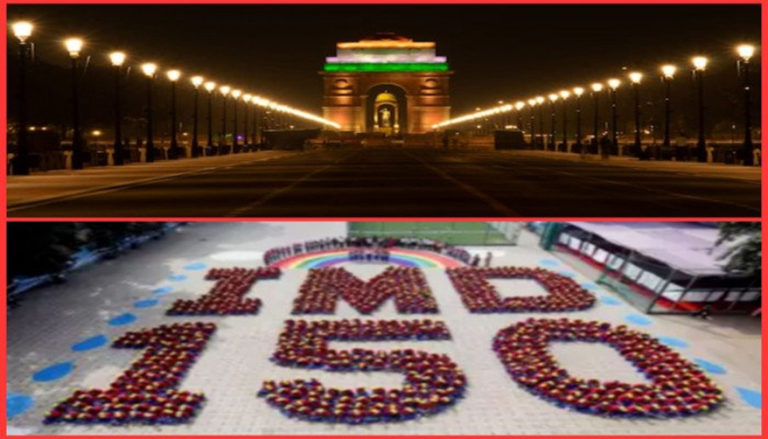Prime Minister Narendra Modi on Wednesday underlined during his Brunei visit that India supports development but not “expansionism”
PM Modi Takes Aim At Beijing’s Role in South China Sea
Prime Minister Narendra Modi on Wednesday underlined during his Brunei visit that India supports development but not “expansionism”, alluding to China’s aggressive behaviour in the South China Sea (SCS) region. The PM, who met Sultan Haji Hassanal Bolkiah in Brunei’s capital Bandar Seri Begawan, stressed in his remarks at the banquet on the need to respect the “freedom of navigation and overflight”.
His comments followed bilateral talks between India and Brunei, and the signing of a renewed cooperation agreement on space cooperation, with Brunei continuing to host the Indian Space Research Organisation’s Telemetry Tracking and Command station. The two countries discussed ways to strengthen defence cooperation and the possibility of long-term cooperation in LNG supplies, given that India has dropped its demand for oil from Brunei in favour of Russian oil imports in recent years.
‘Code of conduct needed’
“Brunei is an important partner in India’s Act East Policy and Indo-Pacific Vision,” Mr. Modi said at a luncheon banquet at the Istana Nurul Iman palace, referring to India’s priority for ASEAN centrality on such issues and support for freedom of movement in the Indo-Pacific region.
Strategic location
Historically, Brunei’s strategic location at the centre of the ASEAN region — surrounded by Indonesia, Malaysia, Philippines, Thailand, Singapore and Vietnam, and especially with American bases in the area — has given it an edge in ties with the United States, and the two sides have had close defence ties.
India, Singapore Sign MoUs In Semiconductors
India and Singapore on Wednesday signed key MoU in the fields of digital technologies, semiconductors, health cooperation, and skill development, which will further strengthen their cooperation. Singapore is an integral part of the worldwide semiconductor supply chain, accounting for 10 percent of all chips produced globally and about 20 percent of the global production of semiconductor manufacturing equipment.
“The leaders agreed to elevate the – ties to Comprehensive Strategic Partnership. They extensively reviewed various facets of the bilateral relationship covering areas of Advanced Manufacturing, Connectivity, Digitalisation, Healthcare & Medicine, Skills Development and Sustainability,” he said.


